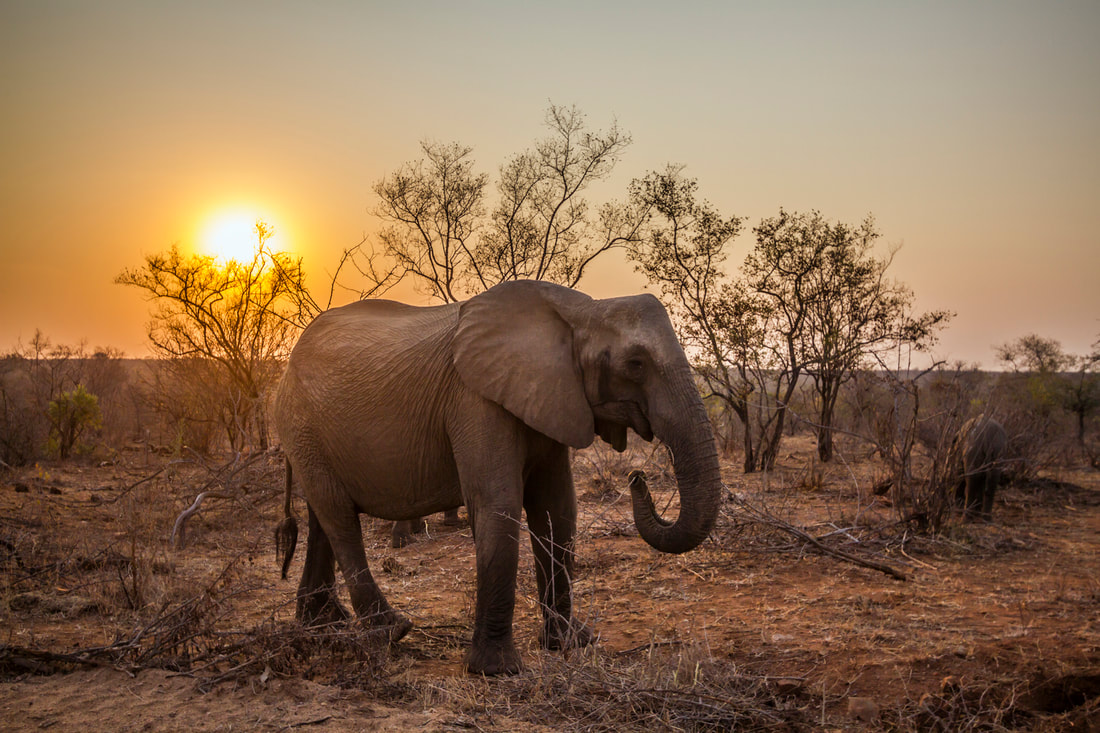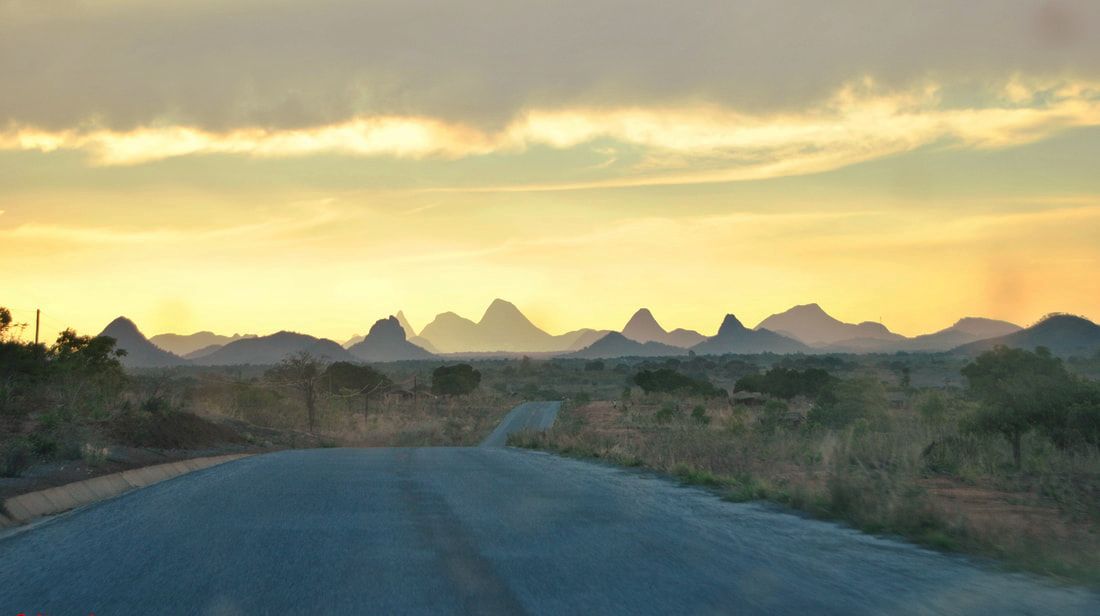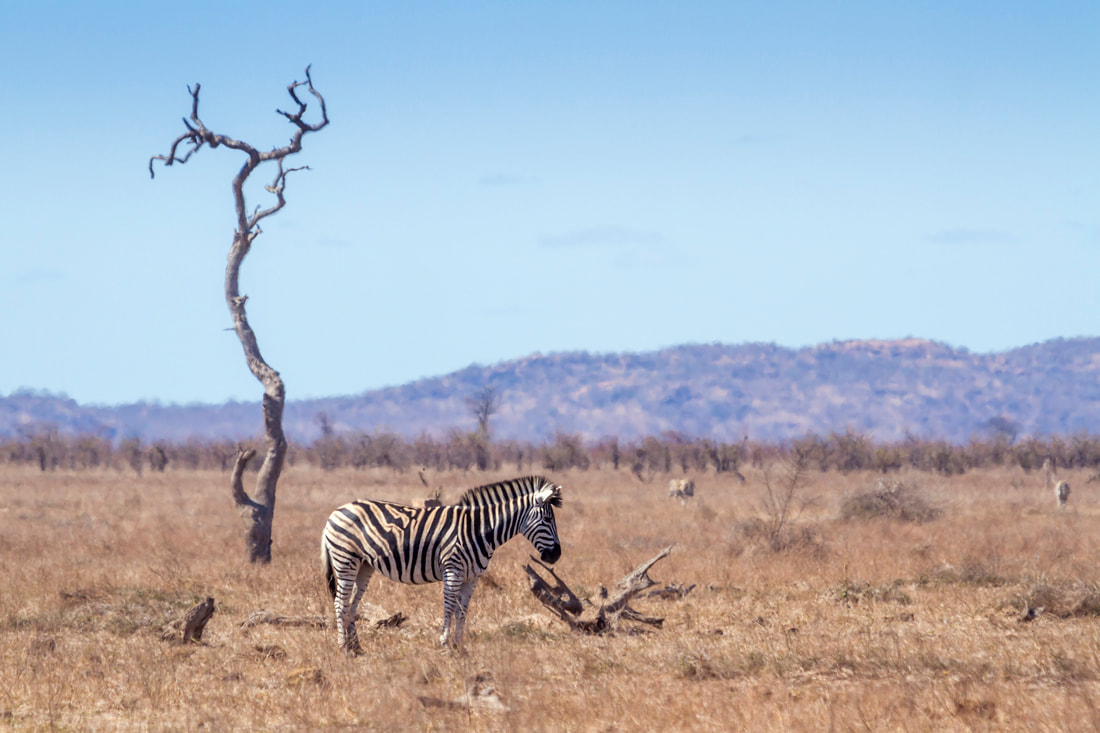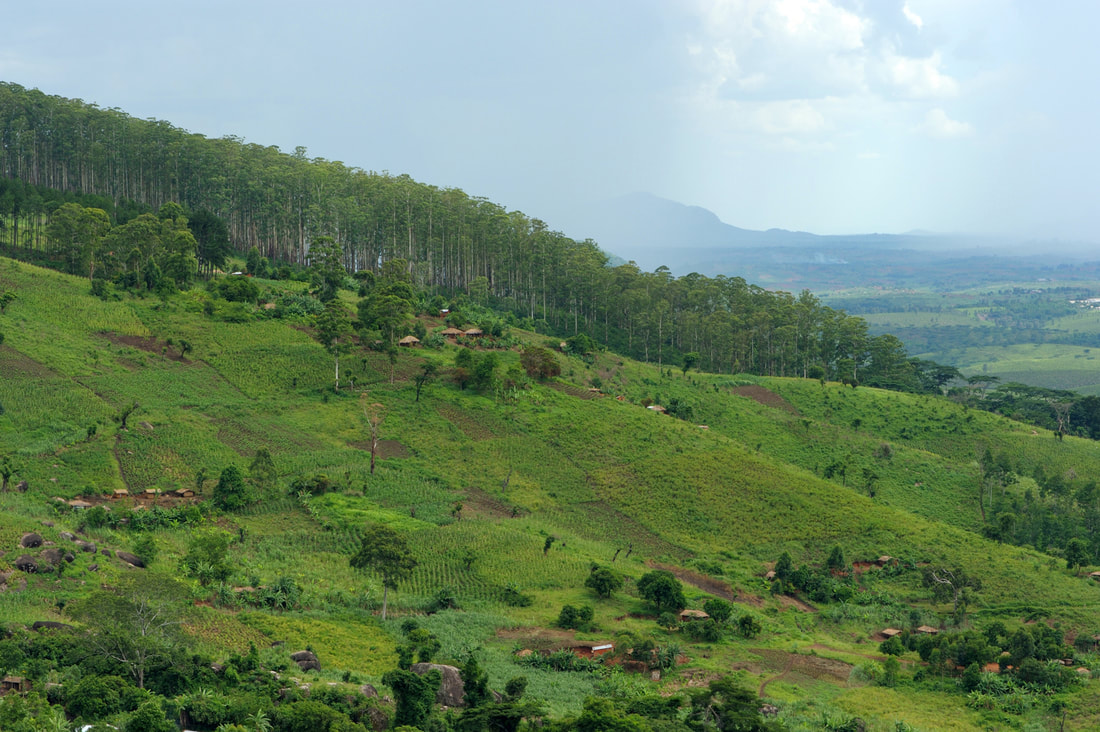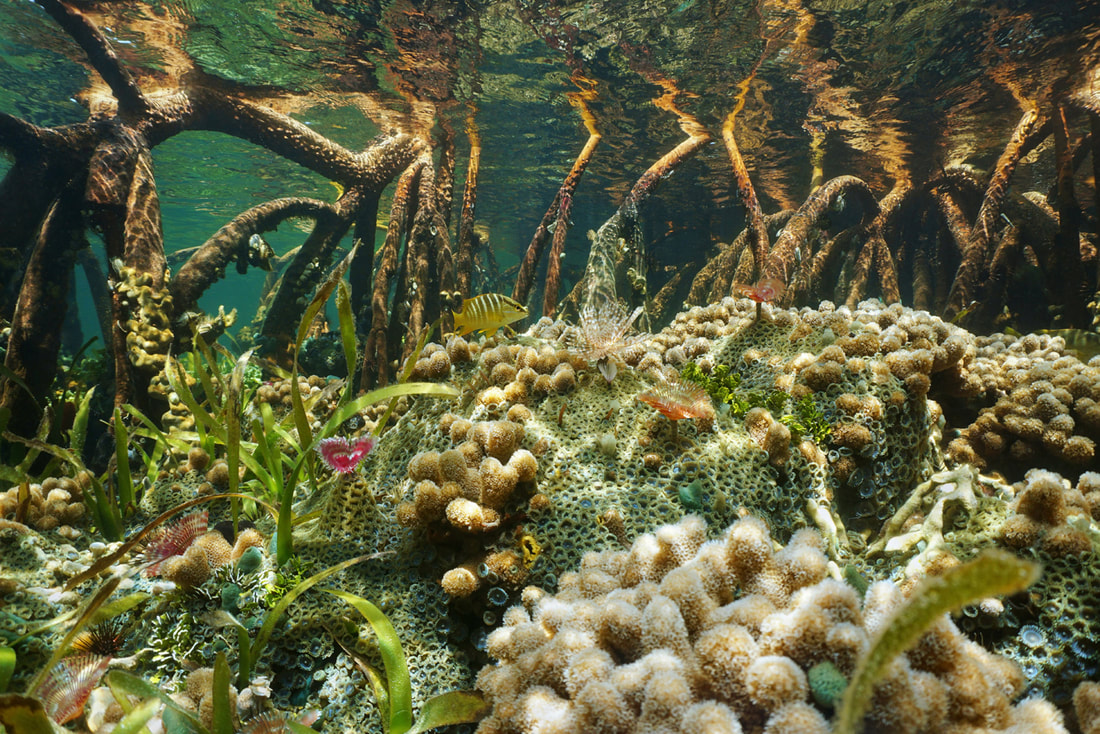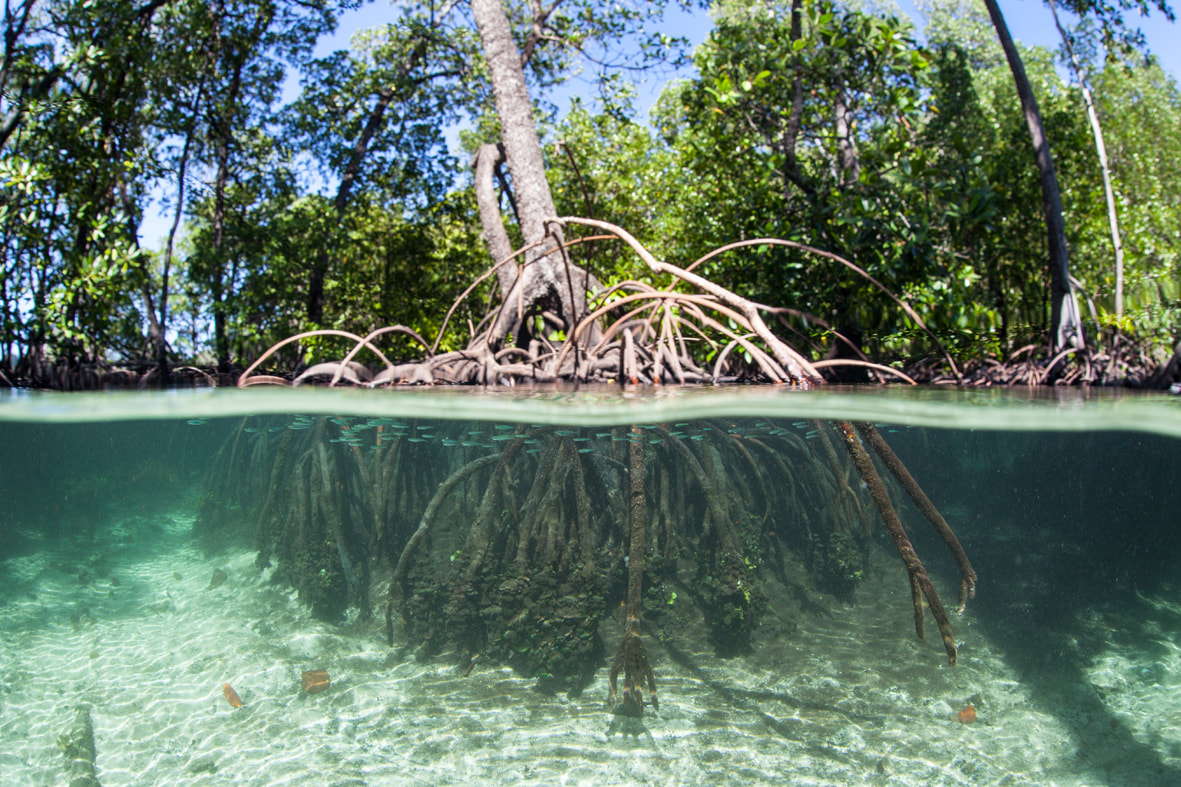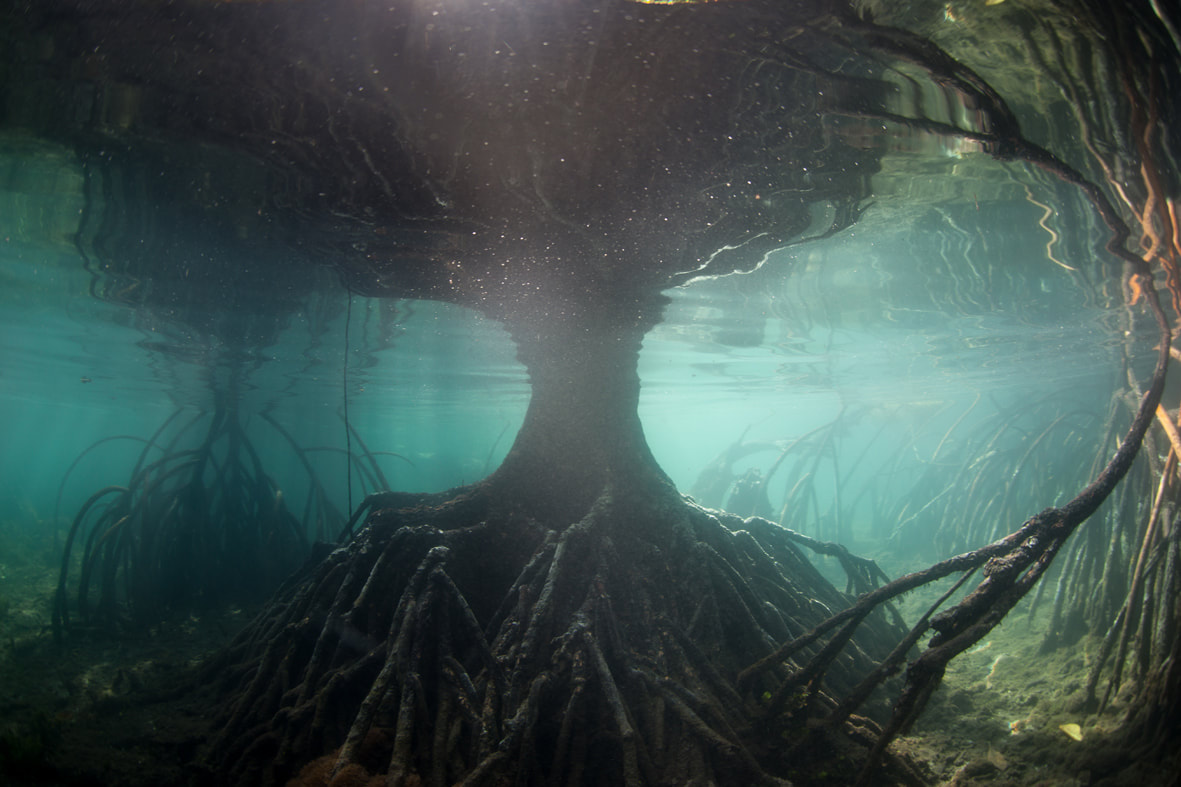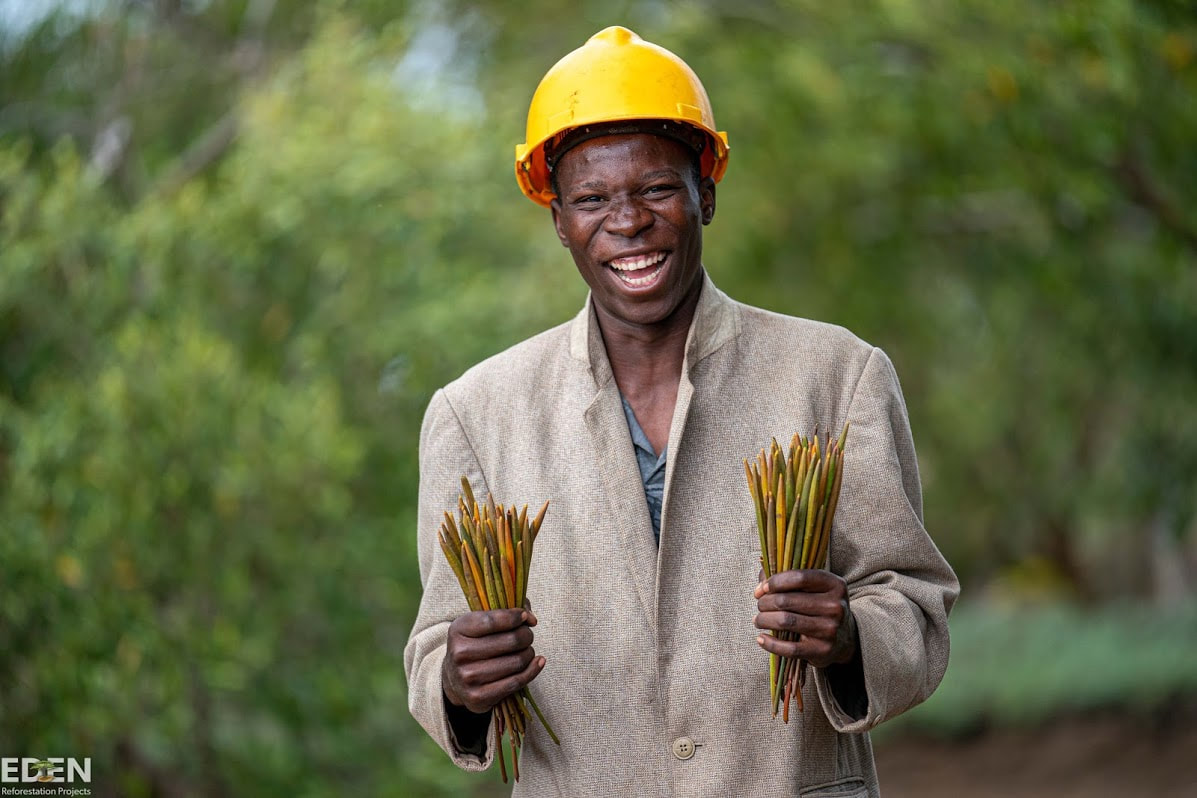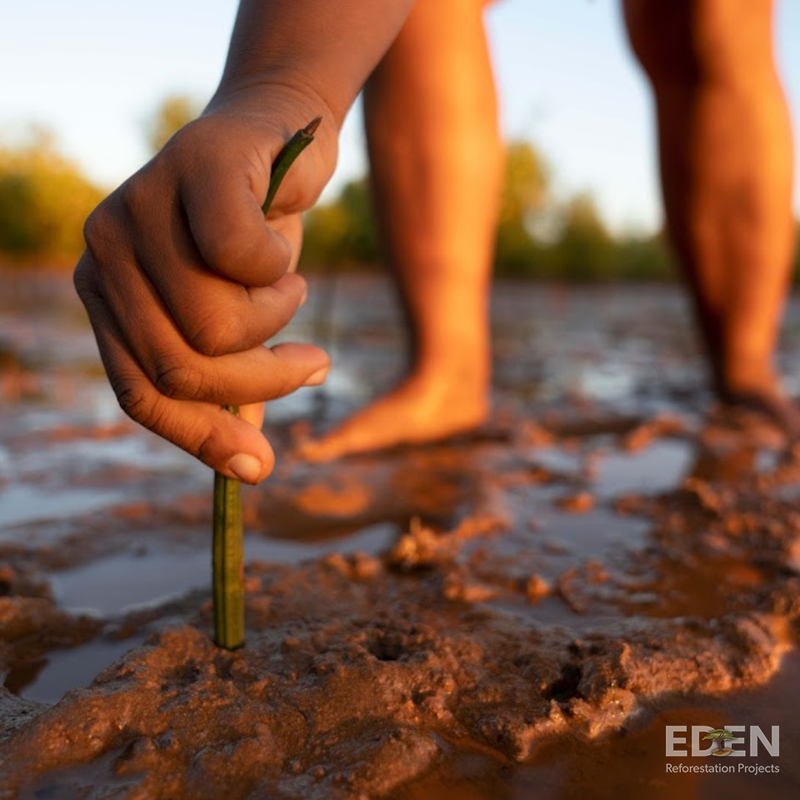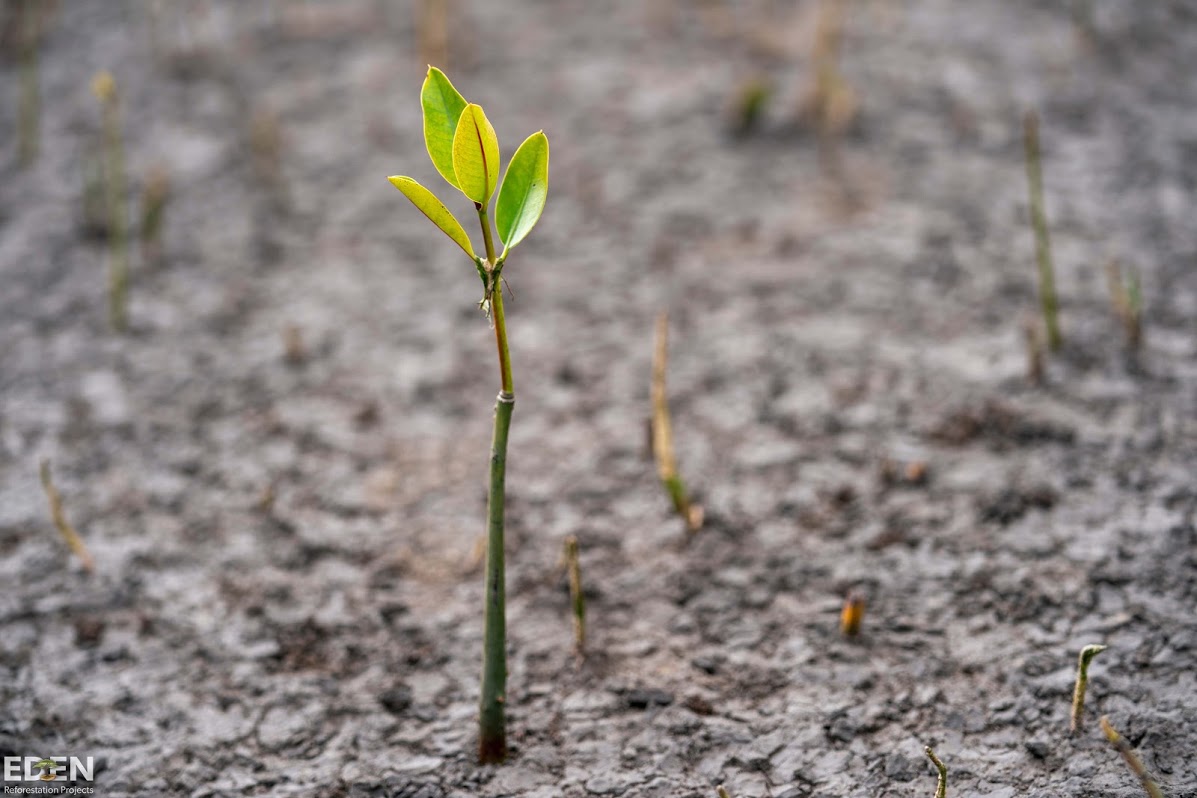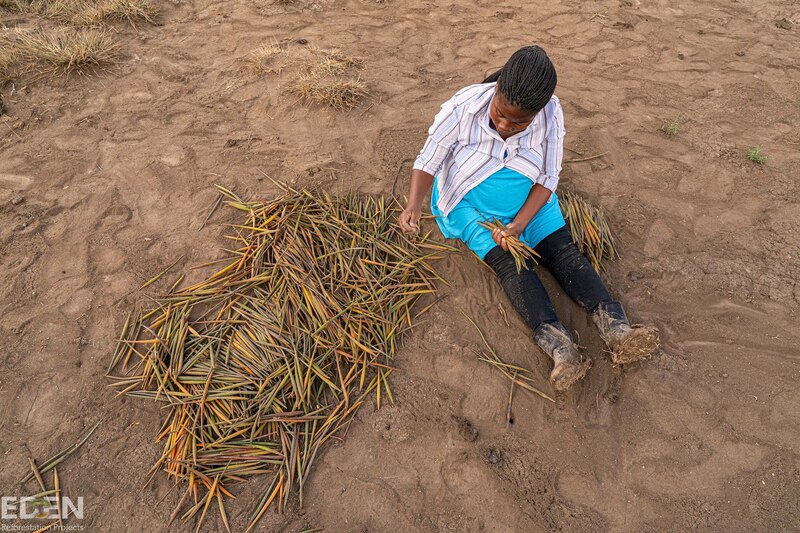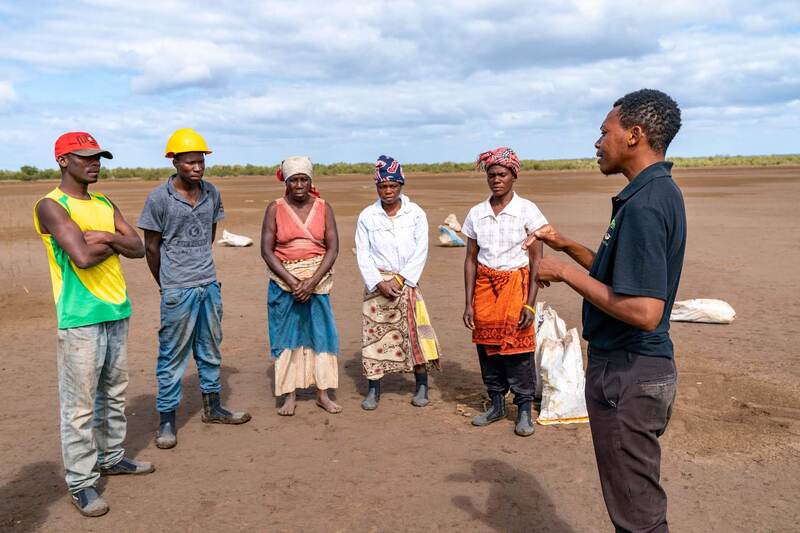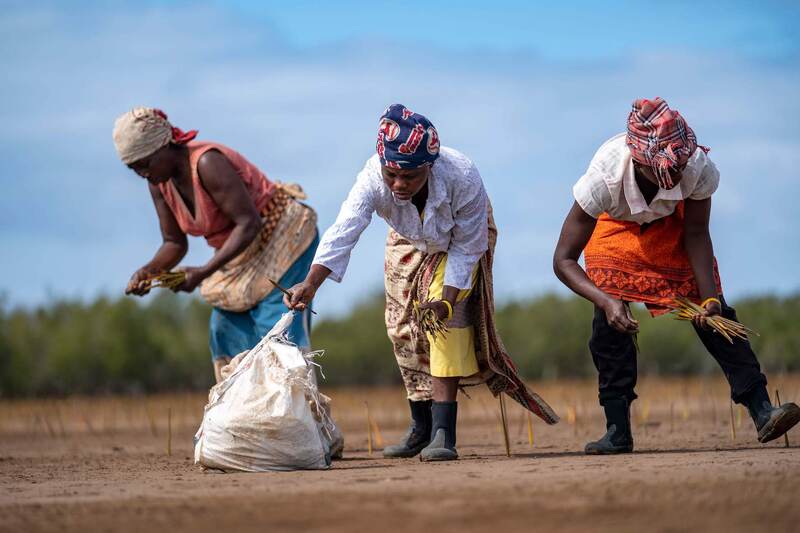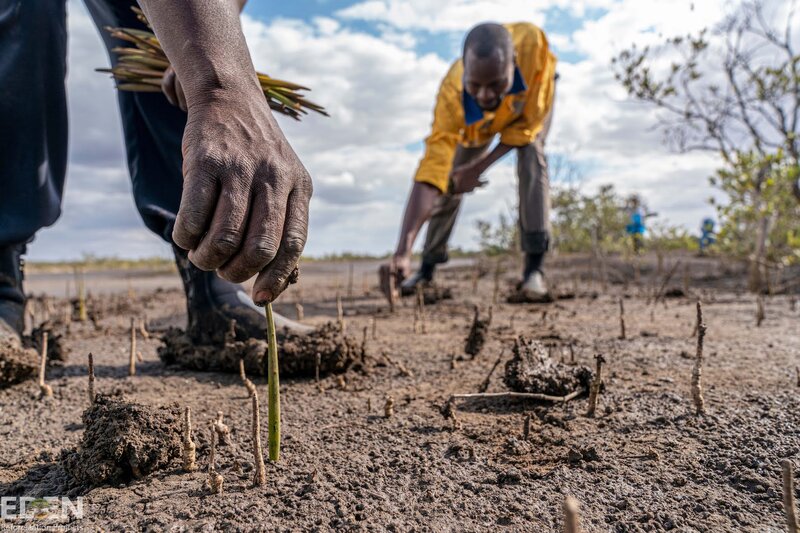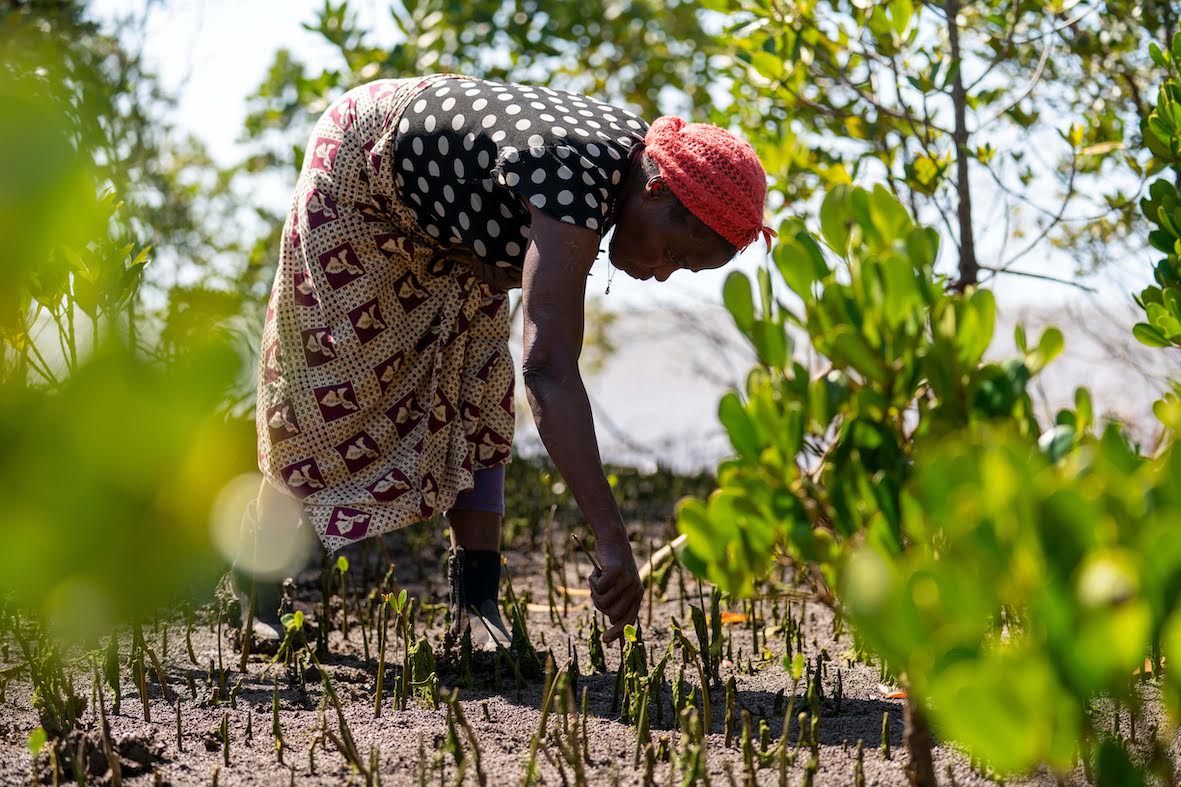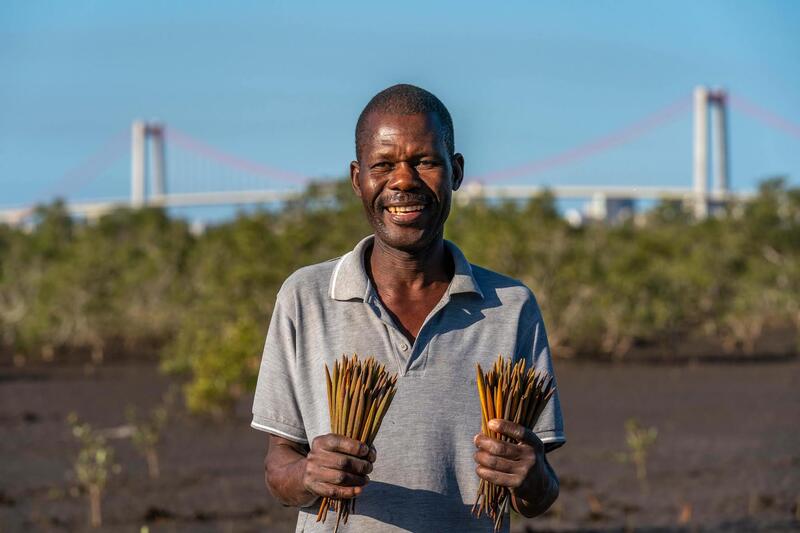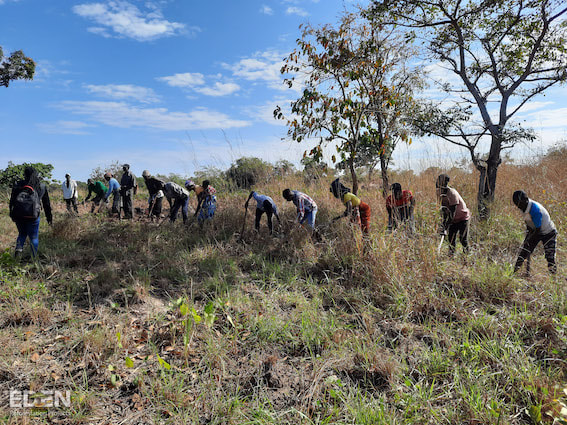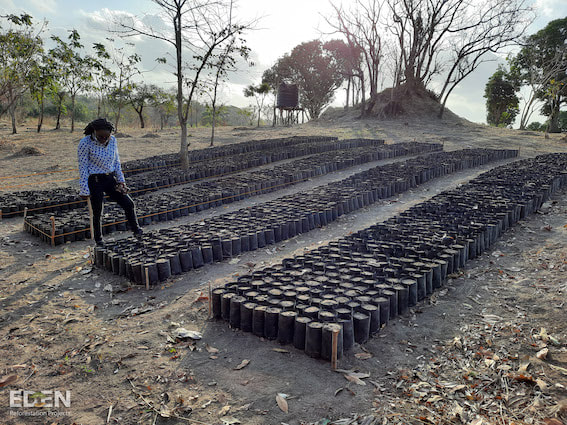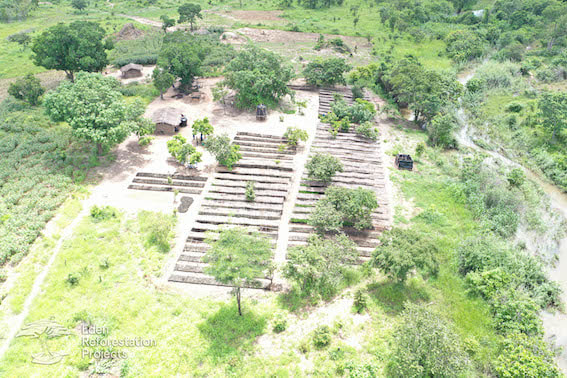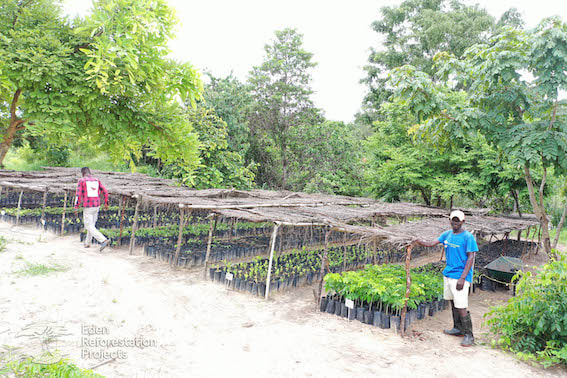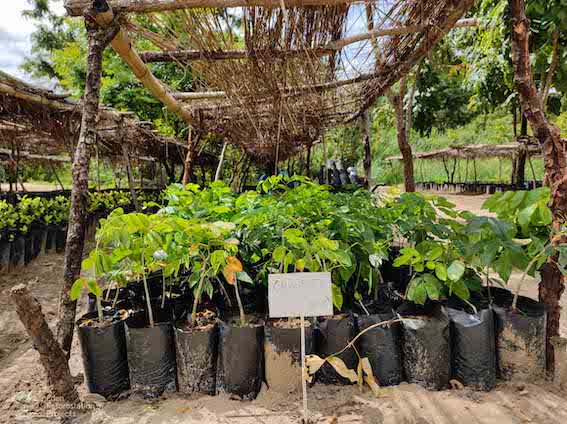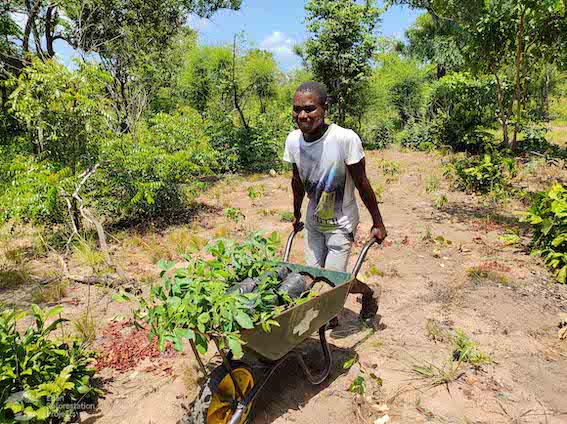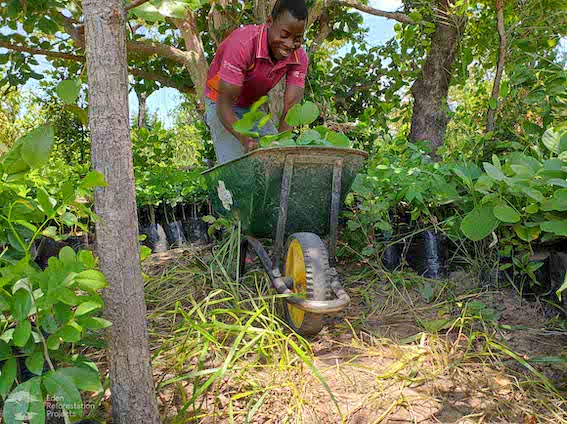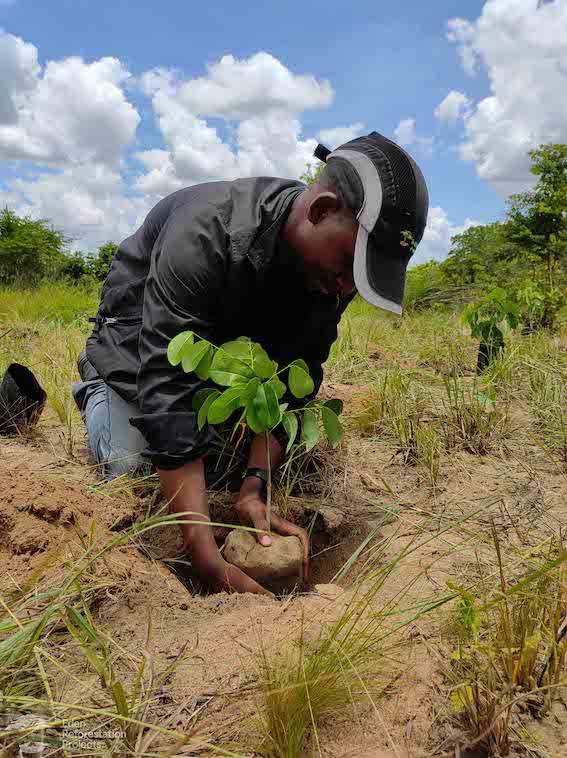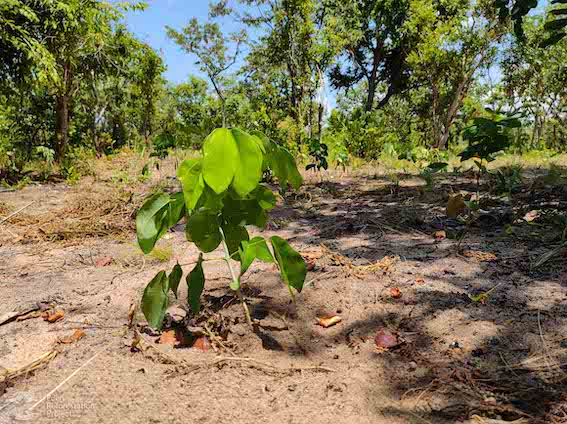Rampant deforestation has left Mozambique more vulnerable to the extreme weather that regularly hits this southern African country.
600 people were killed in Cyclone Idai alone in March 2019
|
The majority of the deforestation is surprisingly down to unsustainable agriculture techniques such as Slash and Burn, which is responsible for 65% of forest cover loss.
|
|
But things are looking up. Mozambique's government has introduced forestry reforms and signed a Memorandum of Understanding with China in an effort to control its hardwood exports and stop illegal logging.
|
Historically home to vast mangrove estuaries and forests, Mozambique's mangroves have largely been decimated, destroying the barrier between land and ocean, leaving little protection.
With the help of our on the ground reforestation partner in Mozambique, Eden Reforestation Projects, we're enabling local communities to restore, replant and protect these precious forest systems.
Through employment in planting Mangroves in the southern tip of Mozambique near Maputo, we are providing sustainable incomes, whilst simultaneously improving the health of the ocean, the surrounding coral reefs and combating soil erosion.
PROJECT FOCUS
Modo - Planting half a million trees by summer 2026
Our Modo reforestation site is located in the Namacurra District in Zambezia Province. This site lies within the Miombo woodland ecoregion - an ecoregion that covers portions of Mozambique, Zimbabwe, southern Zambia and Malawi.
A manly dry woodland area of mopane forest and wetlands, Modo provides a habitat for various endangered species and is home to elephant, buffalo, greater kudu, eland, sable, bushbuck and waterbuck.
Historically, the nearby forest has been crucial in providing income, medicinal products, food and fuel for its inhabitants, resulting in deforestation and forest degradation.
By employing the local community members to plant a diverse mixture of native trees in the right place at the right time, we will be restoring their environment while improving their livelihoods.
An increase in the number of trees will mean cleaner water and less flooding, a higher water table (which means more accessible drinking water from wells and boreholes), increased food production, increased habitat for species to survive and a reduction in conflict with elephants as we provide them with larger territories and more sources of food.
A manly dry woodland area of mopane forest and wetlands, Modo provides a habitat for various endangered species and is home to elephant, buffalo, greater kudu, eland, sable, bushbuck and waterbuck.
Historically, the nearby forest has been crucial in providing income, medicinal products, food and fuel for its inhabitants, resulting in deforestation and forest degradation.
By employing the local community members to plant a diverse mixture of native trees in the right place at the right time, we will be restoring their environment while improving their livelihoods.
An increase in the number of trees will mean cleaner water and less flooding, a higher water table (which means more accessible drinking water from wells and boreholes), increased food production, increased habitat for species to survive and a reduction in conflict with elephants as we provide them with larger territories and more sources of food.

